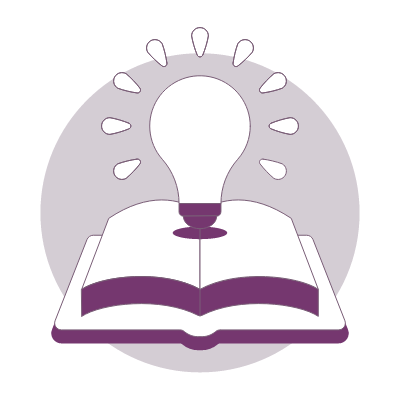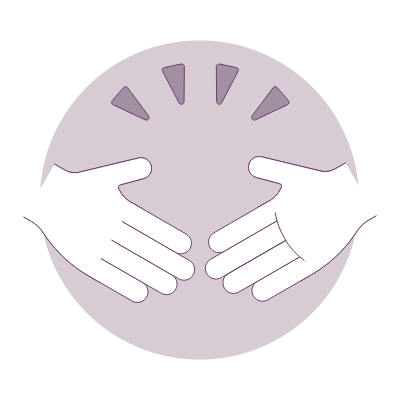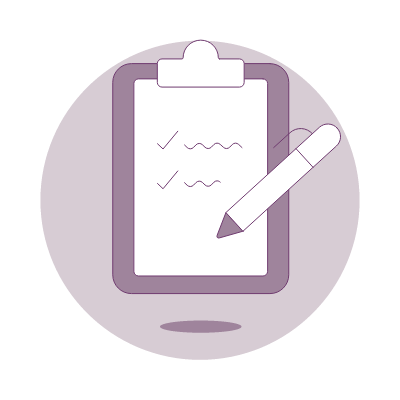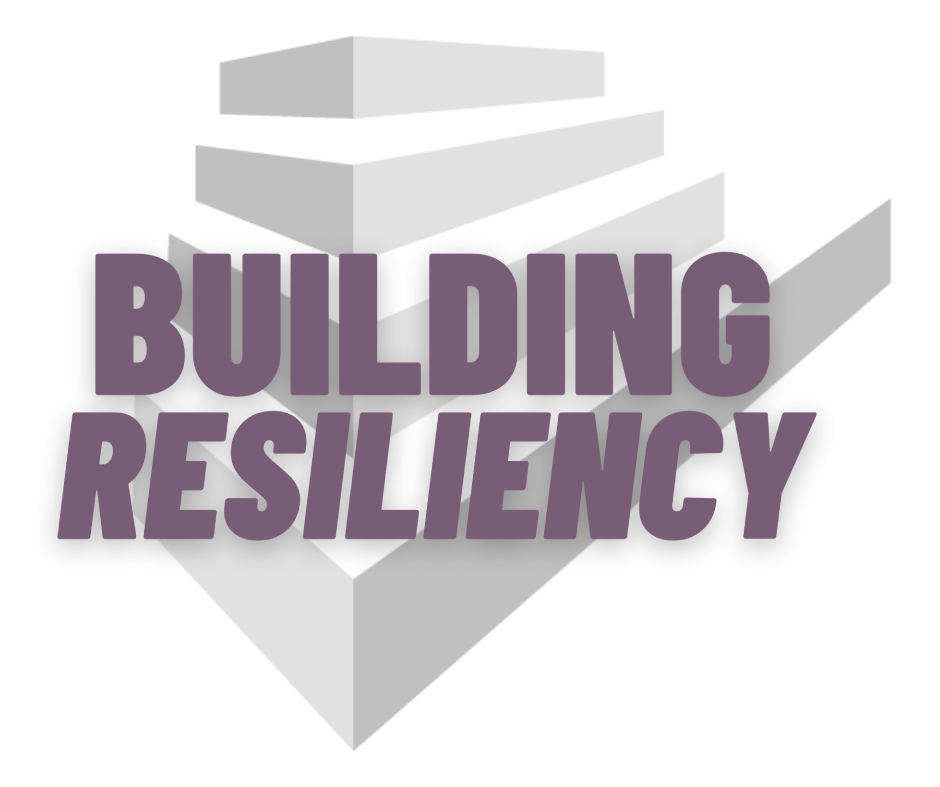RECOVERY-INFORMED WORKPLACES
What is a Recovery-Informed Workplace?
A recovery-informed workplace proactively destigmatizes addiction and mental illness. It’s a support system that:
- Accepts and Respects: Assists workers interested in pursuing recovery or who are in recovery.
- Educates: Informs both management and employees about internal policies and processes designed to support and celebrate those committed to a recovery journey.
- Minimizes and Enhances: Works to minimize conditions that lead to substance misuse and enhance the process of seeking, receiving, and continuing treatment.
- Promotes Supportive Policies: Maintains and promotes robust, supportive policies that celebrate individuals in recovery.
- Lessens Stigma: Offers the most effective way to lessen the stigma surrounding addiction and mental illness.


what are the benefits of a Recovery-Informed Workplace?
A recovery-informed workplace can lead to numerous positive outcomes including:
- Improved Productivity: Increases overall workplace efficiency.
- Retention of Skilled Workers: Helps keep valuable employees within the organization.
- Safer Environments: Creates a more secure work environment that can be sustained over time.
By focusing on these key areas, organizations can foster a compassionate, supportive culture that helps individuals on their path to recovery and builds a healthier, more resilient workplace.
What a RECOVERY-INFORMED WORKPLACE looks like
- Proactively destigmatize addiction + mental illness
- Accepts, respects and assists employees interested in, pursuing or who are in recovery
- Views addiction treatment holistically as part of a broader employee health and wellness program
- Values people in recovery
- Supports recruitment and retention


How to assess your workplace
- Assessment of recovery capital to identify any obstacles for individuals coping with addiction
- Signs and symptoms at work
- How to have difficult conversations
- Understanding the regulatory environment
- Establishing your goals and possible outcomes
- Potential pathways
EXPECTED LEARNING OUTCOMES
- Learn to identify addictions often considered as ‘invisible disabilities’.
- Learn how to differentiate addiction from substance abuse in the workplace.
- Learn what constitutes an appropriate medical evaluation as an important first step.
- Chronic Pain & Opioid Use: dependence or addiction?
- Learn the important considerations when choosing a care path for the affected individual (for whom, when, why, and how long).
- Understanding the current climate around medicated assisted therapies (MAT) in safety sensitive vocations.
- Understand the goals of various treatment modalities and what should you expect.
- Build a continuing care plan, which may include contingency management and why some form of monitoring is a critical piece.
- Learn to use technology where geographically hard to reach populations are concerned or where you have a mobile workforce.
- Learn about mutual support groups and the importance of a recovery community.
- Learn about specific roles in recovery. What is the Employer’s role? The Disability Carrier’s role? The Employee’s role? The Union’s role?
- What are my blind spots? How do I manage me when managing a file?
Interested in Recovery-Informed Workplace Learning?
Contact us with your name, contact information, and a brief message about your interest in Recovery-Informed Workplace learning.

